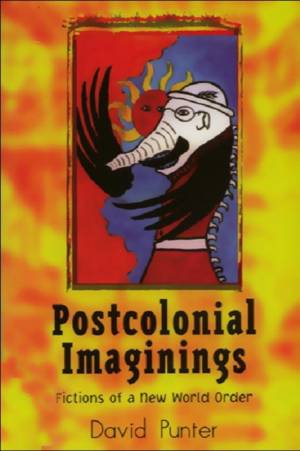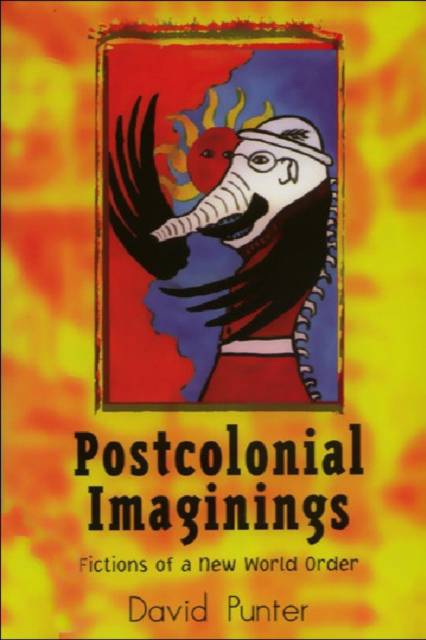
- Retrait gratuit dans votre magasin Club
- 7.000.000 titres dans notre catalogue
- Payer en toute sécurité
- Toujours un magasin près de chez vous
- Retrait gratuit dans votre magasin Club
- 7.000.0000 titres dans notre catalogue
- Payer en toute sécurité
- Toujours un magasin près de chez vous
47,45 €
+ 94 points
Format
Description
This deeply engaging, historically and culturally informed book provides new perspectives on a wide range of writers, and at the same time provides a radically new development of many of the most pertinent issues in the field of postcolonial writing and theory. It constitutes a major new engagement between the 'postcolonial' and a conception of the literary which is richly innovative in its deployment of psychoanalytic, deconstructive and other approaches to the text.The book begins with some brief background to the issue of decolonisation and its contemporary effects. It is informed throughout by a clear sense of literary and political context, within which chosen texts - by well-known writers (Derek Walcott, Chinua Achebe, Edward Kamau Brathwaite) as well as less well-known ones (Joan Riley, Susan Power, Abdulrazak Gurnah) and writers not often seen in a postcolonial context (James Kelman, Seamus Deane, Hanif Kureishi) - can be situated. The chapters which follow are based around themes such as violent geographics; hallucination, dream and the exotic; mourning and melancholy; diaspora and exile; delocalisation and the alibi. This profoundly new approach to the complexities of the postcolonial allows the reader to appreciate some of the richness, but at the same time the political and cultural ambivalence, which underlies postcolonial writing.Throughout the book David Punter continually questions, as one would expect from his many previous books, the definition and scope of the 'postcolonial'. It is seen throughout as a phenomenon not restricted to the ex- or neo-colonies but as a key characterisation of all our lives at the beginning of the twenty-first century. It is an indissoluble part of the development of national imaginings and, at the same time, an alibi for the emergence of a violently assertive 'new world order' committed to the management or obliteration of difference. By juxtaposing texts from different cultural traditions and topographies, from
Spécifications
Parties prenantes
- Auteur(s) :
- Editeur:
Contenu
- Nombre de pages :
- 336
- Langue:
- Anglais
Caractéristiques
- EAN:
- 9780748608560
- Date de parution :
- 29-09-00
- Format:
- Livre broché
- Format numérique:
- Trade paperback (VS)
- Dimensions :
- 156 mm x 234 mm
- Poids :
- 449 g

Les avis
Nous publions uniquement les avis qui respectent les conditions requises. Consultez nos conditions pour les avis.






